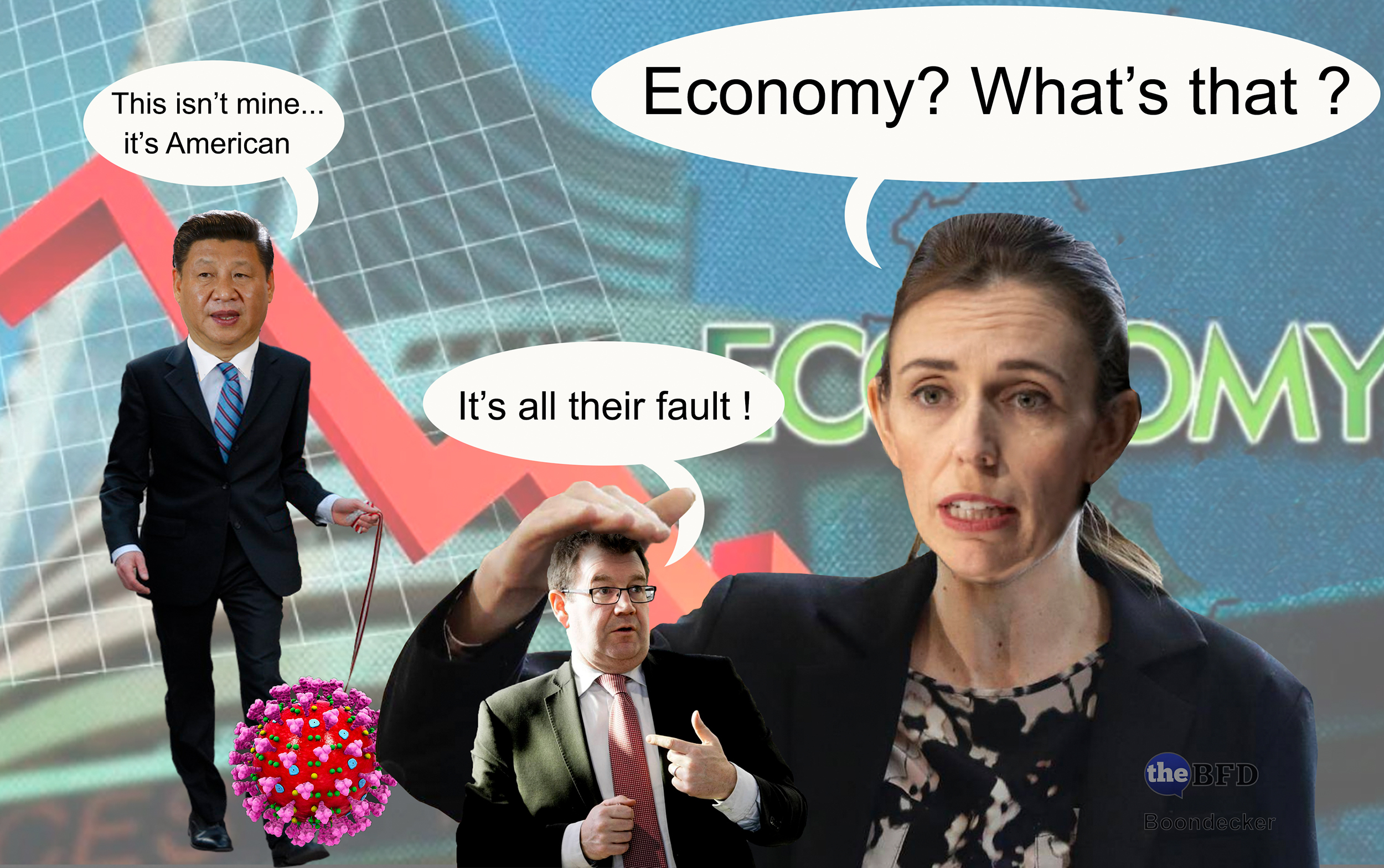Jacinda Ardern labelled National’s tax policy as ‘desperate and reckless’, claiming that this is the wrong time to be allowing people to keep more of their own money by making them pay less tax. There is an argument either way, and while I don’t agree with it, the fact that it uses up some of the COVID fund is reason enough for people to oppose it… particularly those on the left.
So, what was Labour’s response? Labour has increased employees’ sick leave entitlement to 10 days every year (from 5) and has promised to increase the minimum wage to $20 next year.
This, of course, is not considered “reckless” because it involves no additional government spending. The cost of this policy, along with the previously announced new public holiday of Matariki, will be fully funded by business owners.
So that is 6 extra days that Labour proposes for workers to do nothing and get paid every year; yet they claim that their policy is to create jobs and improve productivity.
People will vote for this, of course. What is not to like about 6 extra days’ paid leave every year? It is reckless in the extreme, but businesses can afford it. Of course they can.
When the last Labour government introduced an extra week of annual leave, I was really shocked at how much this policy cost my business. I didn’t begrudge my staff one cent of it; we had some great people, and they all worked hard. But with 7 employees, the business took a big hit. That was about 262 less productive hours every year. In terms of dollars, it cost us about $40,000 in lost or delayed revenue. Jacinda would scoff and say it was not much, but to a small business, it is significant. That wasn’t the only problem, however. We then had trouble keeping the office fully manned. Some of the staff would use their extra leave by taking long weekends. It seemed that almost every Friday, we didn’t have enough people in the office, affecting the productivity of those who were actually there. If leave was then declined on the grounds that we would be short-staffed, people got resentful. They were entitled to this leave; it was theirs for the taking.
Now that situation is about to get a lot worse.
Good employers already deal with the issue of staff who run out of sick leave. We dealt with it in many ways. We might have allowed an employee to go into negative sick leave and accrue it later. We might allow them to make up the time, or take it out of annual leave. If you have a good relationship with your employees, and they are genuinely sick, these things can be worked out.
But then they are the people who take ‘mental health days’, or ‘sickies’. I had one staff member who would take all her sick leave within one month of her entitlement becoming available every year. Every May, she would take 5 days sick leave, 2 days this week, one day next week, and so on. It was fairly obvious. Now it would be 10 days. Madness.
So let’s just count up the number of work free days employees will be paid under Labour.
Currently, the number is 41. (20 days annual leave, 5 days sick, 5 days special leave, 11 public holidays).
Now it will be 47. (20 days annual leave, 10 days sick, 5 days special, 12 public holidays.)
To us, that would have been another 315 hours of lost or delayed productivity, representing about $48,000 pa. Wonderful.
And this is “not the time” for National’s tax policy, which is designed to provide economic stimulus, yet it is the time, in the middle of a deep economic recession, to increase business costs significantly? Where is the sense in that?
Like socialist parties all over the world, Labour is playing to its core base, most of whom live in the cities. All of the large employers are based in the cities, and Labour may be making the mistake of assuming they will be able to afford it. Government departments will be able to afford it, of course. They just use up more taxpayers money. But many large businesses are struggling at the moment too, particularly in Auckland where lockdown restrictions still apply. Small businesses will definitely hate this policy, and it is estimated that 75% of businesses in this country are classed as small business. That is a lot of potential votes. But big business will hate it too. Anything that increases business costs at the moment is “desperate and reckless”, to quote Jacinda herself.
Where is Winston on this? He described National’s tax policy as an “election bribe”. What does the master of election bribes think of this “election bribe”?
As I said, people will vote for it, but the big question is – will enough swinging voters vote for it? Labour voters certainly will, but what about those voters who have not made up their minds yet? Will they vote for a policy that might make them lose their job? We will have to wait and see.
If you enjoyed this BFD article please consider sharing it with your friends.

